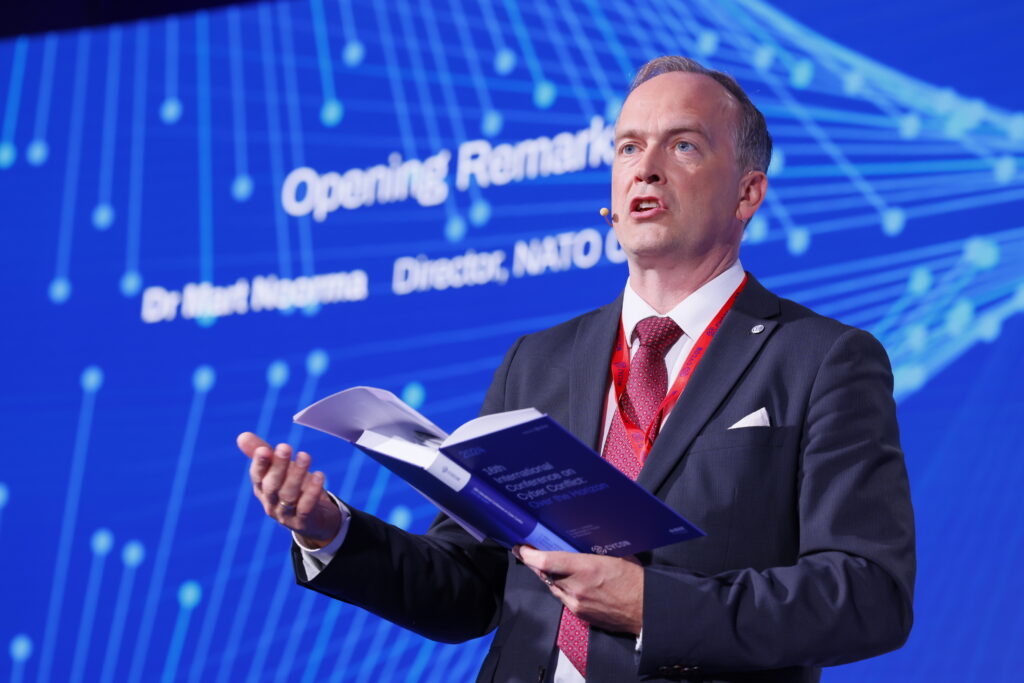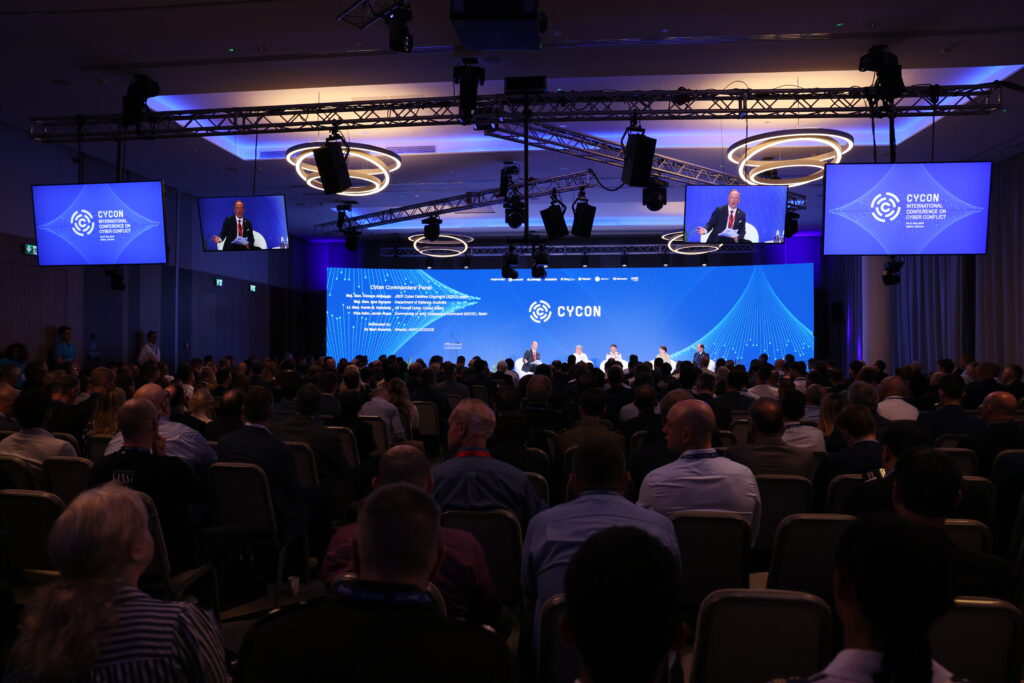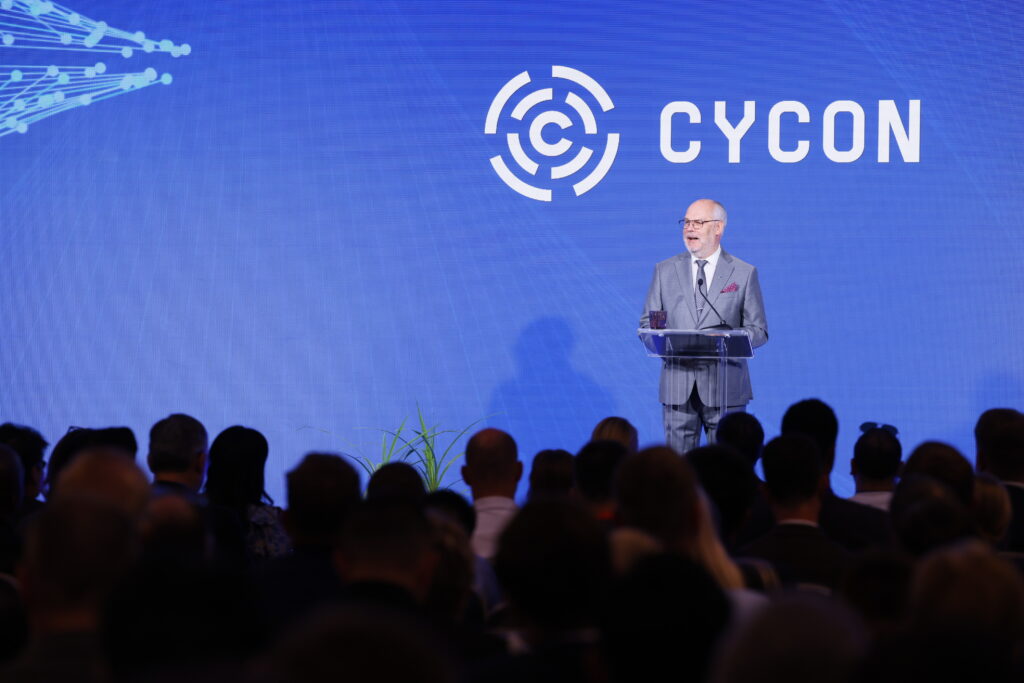The international conference on cyber conflict, CyCon 2024, kicked off in Tallinn on 29 May, bringing together international leaders from NATO, governments, academia and industry to discuss how the latest research and technological innovations can be used to defend our nations against emerging cyber threats.
“CyCon is a unique event where leading experts from more than 40 nations present their latest achievements to our nations’ cyber defenders,” Mart Noorma, the director of the NATO Cooperative Cyber Defence Centre of Excellence, which organises the event, said.
“The stars of CyCon 2024 are AI and cloud technologies. While they are great assets in responsible hands, they can be severely misused for cyber attacks against peaceful populations.”

Forecasting beyond that horizon
Now in its 16th year, the conference brings together 700 participants from over 40 countries. It reflects on how rapidly evolving new technologies such as artificial intelligence, autonomous weapons and space technology are reshaping conflicts, and how conflicts such as the war against Ukraine are reshaping our digital environment, including posing challenges to its legal framework.
The theme for CyCon 2024 is “Over the Horizon”, which recognises the need not only to look at the coming technology trends on the horizon, but also to start forecasting beyond that horizon as the pace of change accelerates.
The four-day multidisciplinary conference brings together some 100 distinguished cyber experts.
Keynote speakers include David van Weel, the NATO Assistant Secretary-General for Innovation, Hybrid and Cyber; Nathaniel Fick, the US ambassador at large for cyberspace and digital policy; Dr Paul Vixie, one of the pioneers of the Internet; Amy Hogan-Burney, the general manager and associate general counsel for cybersecurity policy and protection at Microsoft; Lieutenant General Michael Vetter, the director general for cyber/IT and the chief information officer at the German defence ministry; and Professor Herb Lin at the Center for International Security and Cooperation and at the Hoover Institution, both at Stanford University.

CyCon is organised by the NATO Cooperative Cyber Defence Centre of Excellence, a NATO-accredited competence centre, think tank and training institution that focuses on analysis, training and exercises in the cyber-security field. The centre currently has 32 sponsoring nations, including the US, the UK, Sweden, Finland and Germany as well as Estonia. It also has seven non-NATO states as contributing participants.

